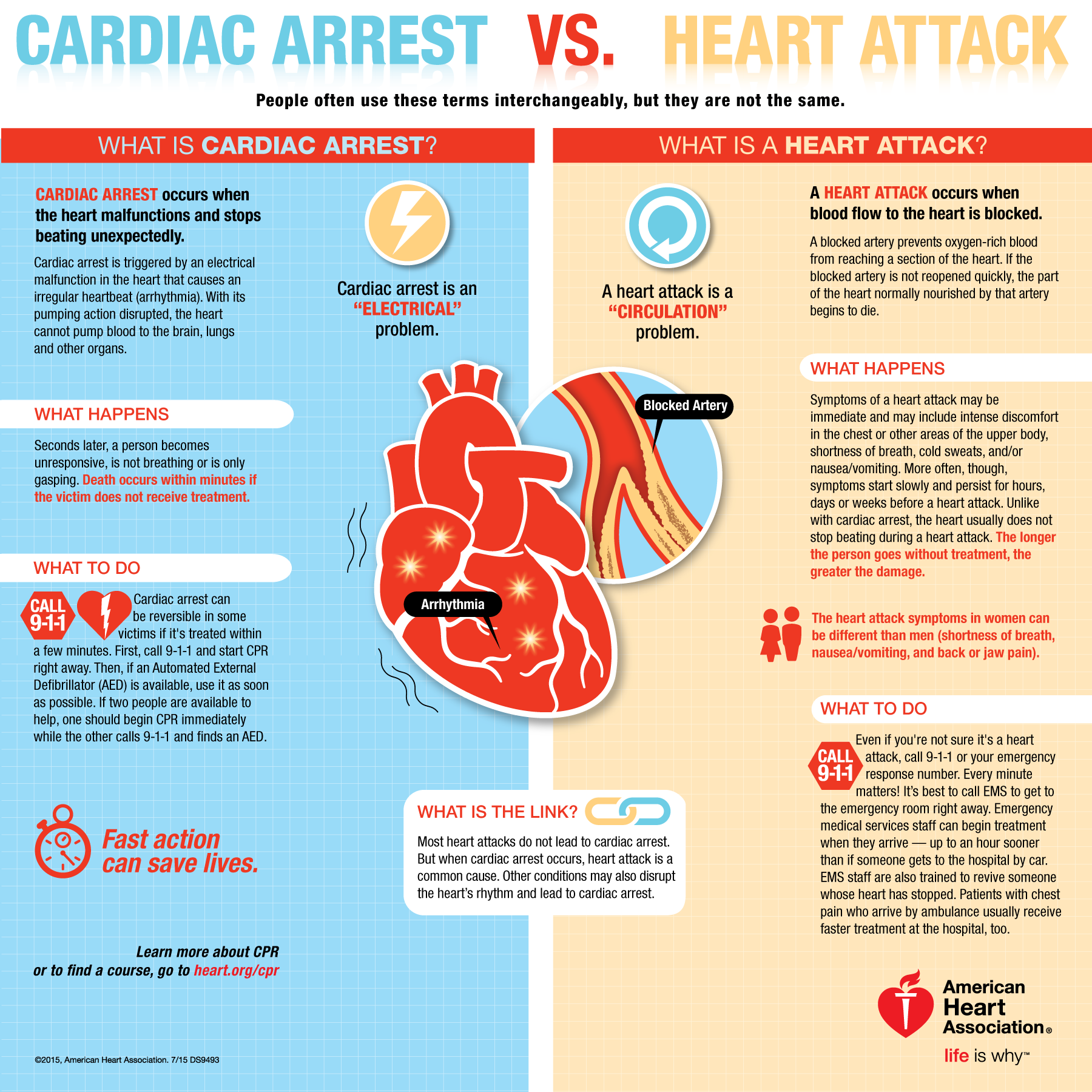SPOILER ALERT: Sending condolences to the fans, friends and family of Mr. Big
[ad_1]

 (NewMediaWire) – December 14, 2021 – DALLAS – The American Heart Association sends fans of the iconic HBO series “Sex and the City” heartfelt condolences following the sudden death of John James Preston, aka Mr. Big, during the premier episode of the limited-edition reboot, “And Just Like That.” (SPOILER ALERT) As those who watched in stunned disbelief know, Mr. Big died at home in the arms of his beloved, Carrie, following from what appeared to be a heart attack.
(NewMediaWire) – December 14, 2021 – DALLAS – The American Heart Association sends fans of the iconic HBO series “Sex and the City” heartfelt condolences following the sudden death of John James Preston, aka Mr. Big, during the premier episode of the limited-edition reboot, “And Just Like That.” (SPOILER ALERT) As those who watched in stunned disbelief know, Mr. Big died at home in the arms of his beloved, Carrie, following from what appeared to be a heart attack.
Mr. Big was a heart disease patient – having had previous issues – including reported heart surgery and a prior heart attack – putting him at higher risk for another heart attack or heart problems. In addition, his love of cigars also increased his risk. Other risk factors include being male, high blood pressure, high blood cholesterol, overweight or obesity, diabetes and physical inactivity.
In true, Sex and the City fashion, many “can’t help but wonder … could Carrie have saved Big?” Scientifically speaking, that is unclear – the script doesn’t provide many details. However, according to the American Heart Association, Carrie could have taken specific actions to help the situation. In a cardiac emergency the best course of action is to:
- Call 911 immediately.
- Do Hands-only CPR: If a teen or adult collapse and is unresponsive, push hard and fast in the center of the chest to the beat of a song with 100-120 beats per minute, like the Bee Gees’ “Stayin’ Alive” or Beyoncé’s “Crazy in Love.” Learning Hands-Only CPR is easy and can save lives. You can learn the process quickly, online from a simple video on the American Heart Association’s website or become CPR certified by taking a course at an American Heart Association associated training center. Visit www.heart.org/CPR to learn more.
Couldn’t help but wonder … Is high intensity exercise safe?: In the show, Mr. Big dies after completing a high intensity stationary bike ride. For the vast majority of people, the benefits of physical exercise outweigh the risks.
“Exercise is medicine, and there is no question that moderate to vigorous physical activity is beneficial to overall cardiovascular health. However, like medicine, it is possible to underdose and overdose on exercise – more is not always better and can lead to cardiac events, particularly when performed by inactive, unfit, individuals with known or undiagnosed heart disease,” said Barry A. Franklin, Ph.D., volunteer chair of the writing committee for a 2020 American Heart Association Scientific Statement (“Exercise-Related Acute Cardiovascular Events and Potential Deleterious Adaptations Following Long-Term Exercise Training: Placing the Risks Into Perspective–An Update from the American Heart Association”), director of the Cardiac Rehabilitation Program and Exercise Laboratories, William Beaumont Hospital, Royal Oak, Michigan, and professor of Physiology, Wayne State University, School of Medicine, Detroit, Michigan, at the time the statement was released.
Couldn’t help but wonder … what’s the difference between a heart attack and cardiac arrest? Mr. Big’s death also has many people wondering what the difference is between a heart attack and cardiac arrest. People often use these terms interchangeably, but they are not synonyms. A heart attack is when blood flow to the heart is blocked, and sudden cardiac arrest is when the heart malfunctions and suddenly stops beating unexpectedly. A heart attack is a “circulation” problem and sudden cardiac arrest is an “electrical” problem. These two distinct heart conditions can be linked. Sudden cardiac arrest can occur after a heart attack, or during recovery. Heart attacks increase the risk for sudden cardiac arrest. While most heart attacks do not lead to sudden cardiac arrest, when sudden cardiac arrest occurs, heart attack is a common cause. In either case, fast action can save lives. Only about 46% of people who experience an out-of-hospital cardiac arrest receive the immediate help that they need before professional help arrives.
The American Heart Association – devoted to world of healthier lives for all – is the leader in resuscitation science, education, and training and publisher of the official Guidelines for CPR and ECC.
For more information about heart attack or CPR visit heart.org.
###
Additional Resources:
About the American Heart Association
The American Heart Association is a relentless force for a world of longer, healthier lives. We are dedicated to ensuring equitable health in all communities. Through collaboration with numerous organizations, and powered by millions of volunteers, we fund innovative research, advocate for the public’s health and share lifesaving resources. The Dallas-based organization has been a leading source of health information for nearly a century. Connect with us on heart.org, Facebook, Twitter or by calling 1-800- AHA-USA1.
For Media Inquiries: 214-706-1173
Monica Sales: monica.sales@heart.org
For Public Inquiries: 1-800-AHA-USA1 (242-8721) or heart.org
[ad_2]




